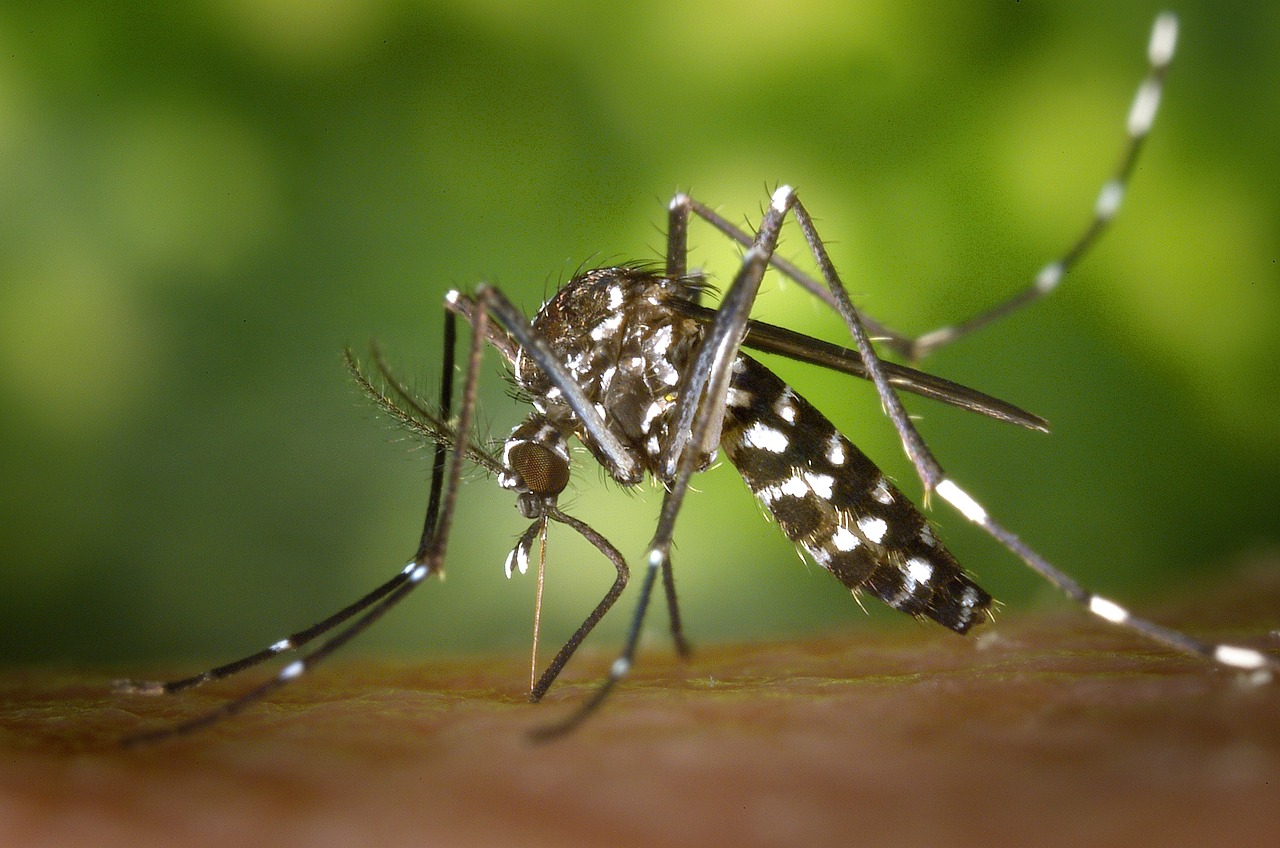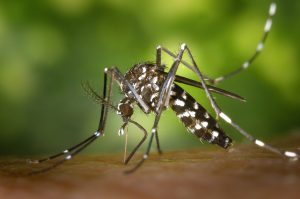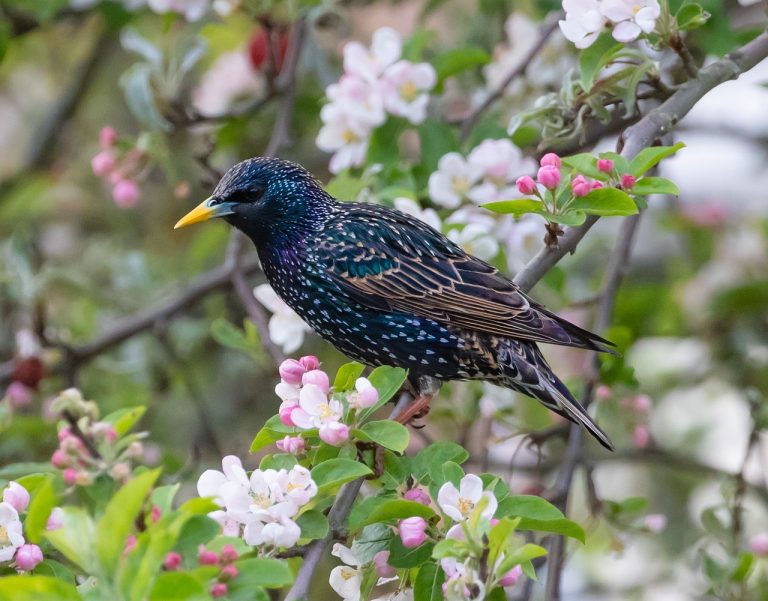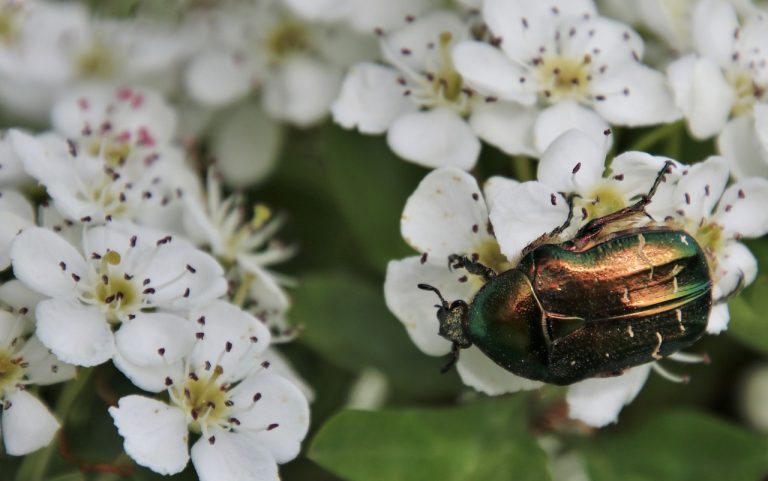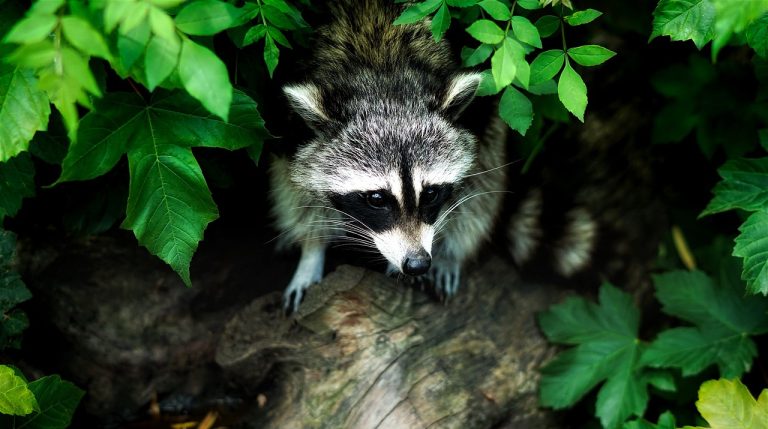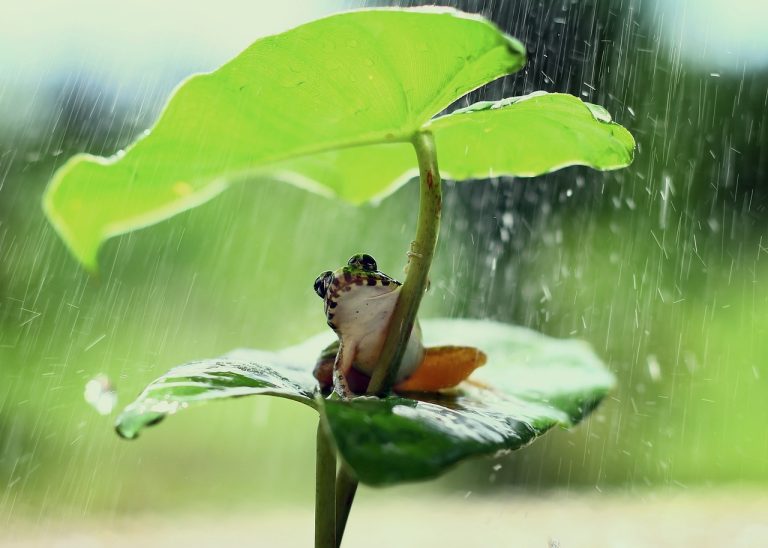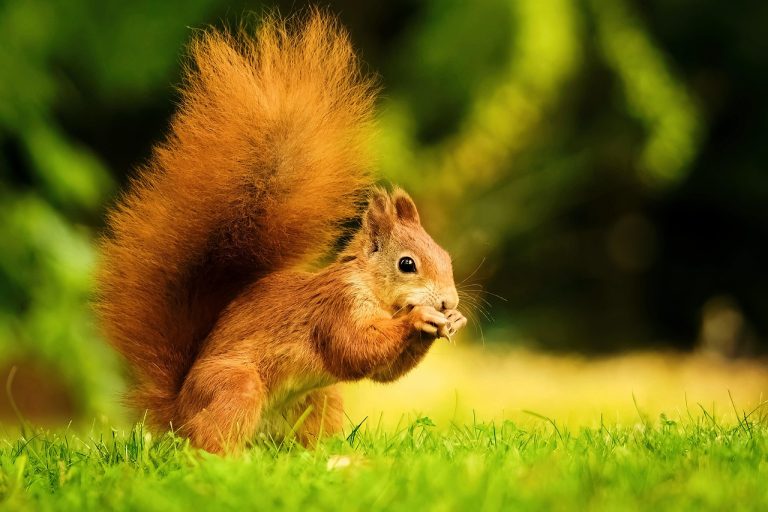CAN MOSQUITOES SEE IN THE DARK (5 THINGS YOU HAVE TO KNOW)
Step into the twilight world of mosquitoes, where the age-old inquiry takes center stage: Can mosquitoes see in the dark? In the nocturnal ballet of these tiny, buzzing enigmas, a fascinating exploration unfolds. Their compound eyes, a marvel of evolution, hold secrets to their nighttime escapades.
Join us as we peel back the layers of darkness, unraveling the mysteries of mosquito vision and discovering the unique adaptations that allow them to navigate the obscurity of the night. This isn’t just a quest for answers; it’s an invitation to venture into the captivating realm where science meets the shadows, and mosquitoes reveal their secrets in the dim glow of moon lit mysteries.
CAN MOSQUITOES SEE IN THE DARK?
Explore the nocturnal mysteries of mosquito vision as we decipher the age-old question: Can mosquitoes see in the dark? Unraveling the secrets of their compound eyes and specialized adaptations, we delve into the fascinating world where these tiny creatures navigate low-light environments.
Discover how environmental factors influence their sight, shedding light on the nuanced aspects of mosquito behavior in the dark. Compare their vision to other nocturnal insects and gain insights into the unique strategies mosquitoes employ for survival during nighttime activities. Join us on a journey to demystify mosquito vision and understand their capabilities when the lights go out.
THE MARVEL OF MOSQUITO VISION
To comprehend whether mosquitoes can navigate in low light conditions, it’s imperative to explore the marvel of their vision. Mosquitoes, like many other insects, rely on compound eyes that comprise thousands of tiny lenses known as ommatidia. This intricate design enables them to detect movement, light, and even polarized light. However, the nuances of their vision in darkness remain a subject of scientific inquiry.
LIGHT SENSITIVITY IN MOSQUITOES
Researchers suggest that mosquitoes possess heightened sensitivity to infrared light, allowing them to perceive thermal cues emitted by warm-blooded hosts. This adaptation is crucial for their blood-feeding habits, as it aids in locating potential hosts in the dark. While their sensitivity to infrared light is remarkable, it’s essential to differentiate between detecting heat and having true vision in low-light conditions.
NOCTURNAL NAVIGATION CHALLENGES
Although mosquitoes exhibit an impressive ability to detect infrared radiation, true vision in the dark remains a point of contention. Navigating through the night poses unique challenges, and the extent to which mosquitoes can visually process their surroundings in low light is still uncertain. Scientists are actively researching whether these insects rely on other senses, such as olfaction or heat detection, to compensate for potential visual limitations in the dark.
THE ROLE OF MOONLIGHT AND AMBIENT LIGHT
Moonlight and ambient light play pivotal roles in the nocturnal world, raising questions about how mosquitoes leverage these light sources. Some studies propose that mosquitoes may use the faint illumination from celestial bodies to aid their vision. Exploring these interactions between light sources and mosquito behavior sheds light on their nocturnal activities.
HUMAN PERCEPTION VS. MOSQUITO REALITY
Understanding mosquito vision also requires considering the stark contrast between human perception of darkness and that of mosquitoes. What seems pitch black to us might offer sufficient illumination for mosquitoes to navigate effectively. Unraveling this disparity in perception contributes to a more comprehensive comprehension of mosquito behavior in low-light environments.
Frequently Asked Questions (FAQ) – Can Mosquitoes See in the Dark?
Can mosquitoes see in complete darkness?
Mosquitoes cannot see in absolute darkness. However, they possess unique adaptations in their compound eyes that allow them to navigate in low-light conditions.
What factors affect mosquito vision in the dark?
Ambient light, temperature, and humidity play crucial roles in influencing mosquito vision. Understanding these variables provides insights into their nocturnal behavior.
How do mosquitoes’ compound eyes differ from human eyes?
Mosquitoes have compound eyes composed of multiple lenses, known as ommatidia, offering a mosaic view. This contrasts with the single-lens structure of human eyes.
Are mosquitoes more active at night due to their vision capabilities?
Yes, mosquitoes are generally more active at night, utilizing their specialized vision adaptations to locate hosts for blood meals and navigate in dimly lit environments.
Do all mosquito species share the same visual abilities in the dark?
Different mosquito species may have variations in their visual adaptations. Factors such as habitat and feeding preferences can influence these variations.
Can mosquito vision be compared to other nocturnal insects?
Yes, by examining the visual adaptations of mosquitoes alongside other nocturnal insects, we gain insights into the unique strategies each species employs for survival in low-light conditions.
Are there any technological advancements inspired by mosquito vision?
Researchers draw inspiration from mosquito vision for developing low-light vision technologies. Understanding their adaptations may contribute to innovations in various fields.
How can insights into mosquito vision contribute to mosquito control?
Understanding mosquito vision aids in developing effective strategies for mosquito control, considering their behavior and preferences during nighttime activities.
Can mosquitoes see infrared or ultraviolet light?
While mosquitoes can detect some wavelengths beyond human vision, their sight primarily focuses on the visible light spectrum.
CONCLUSION
In the realm of mosquito mysteries, our journey to answer the question, “Can mosquitoes see in the dark?” has uncovered a tapestry of fascinating revelations. As we conclude this exploration, it’s evident that while mosquitoes may not boast night vision goggles, their compound eyes and specialized adaptations paint a vivid picture of their capabilities in low-light conditions.
From the dance of environmental factors shaping their vision to the unique strategies employed in comparison to other nocturnal insects, the nuances of mosquito vision have come to light. This journey isn’t merely about understanding their sight but also about paving the way for innovative approaches to mosquito control. As the shadows disperse, we leave behind a richer comprehension of these relentless nocturnal navigators and the captivating world they inhabit when the lights go out.

